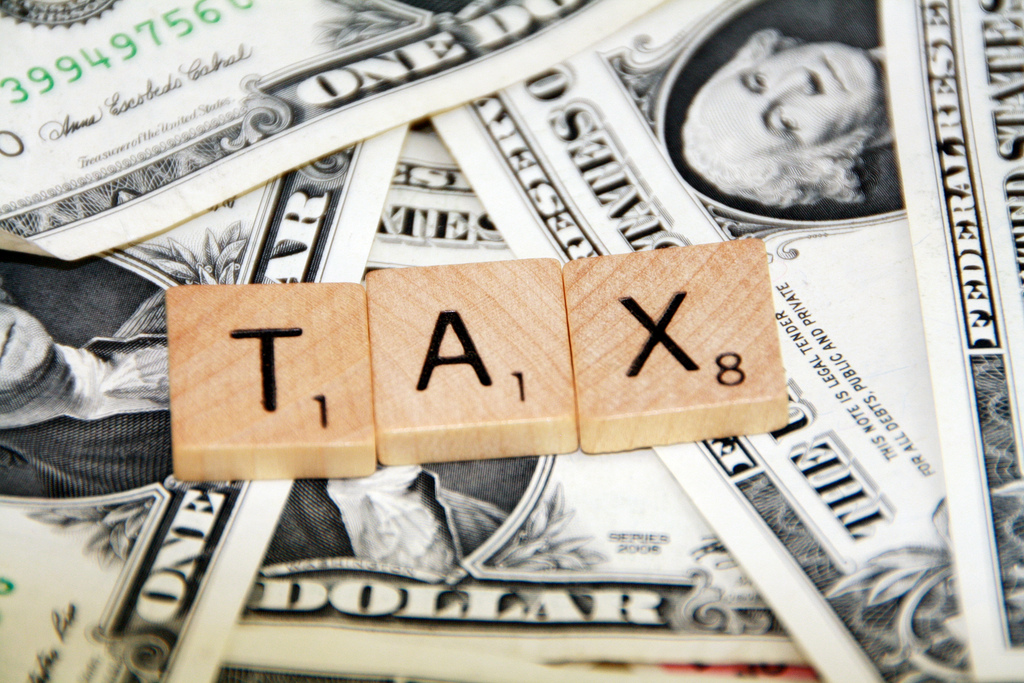Tomorrow, Austin City Council will vote on a proposal to cut next year’s revenue by $5 million by increasing the city’s property tax homestead exemption from 8% to 10%, a reduction in taxes for the minority of city residents who own homes.
While affordability is a major concern that city council can address through legislation, homestead exemptions are not the best approach. Most Austinites are renters, including most low-income residents. Homestead exemptions do not benefit renters and might actually increase the property taxes they will shoulder through their rent or will deprive the city of funds for civic services for those who need them most.
A policy brief from the Institute on Taxation and Economic Policy details the regressive nature of percentage-based property taxes. Restrictions from the state legislature limit what the City of Austin can do with respect to property taxes, but the city has a variety of tools available to positively affect affordability. The outcomes and regressive nature of the proposed homestead exemption are well-understood and uncontroversial, so it is difficult to understand why elected officials would pursue an ineffectual, self-limiting policy.
If members of Austin City Council are concerned with addressing affordability at this time, they can pass a CodeNEXT that effectively removes exclusionary policies that cause displacement and un-affordability, and follow that with a meaningful and well-focused affordable housing bond to establish mixed-income, equitable, transit-oriented communities.
Read the two page ITEP policy brief here. It contains a succinct explanation of property taxes and explains flat versus percentage-based exemptions.
